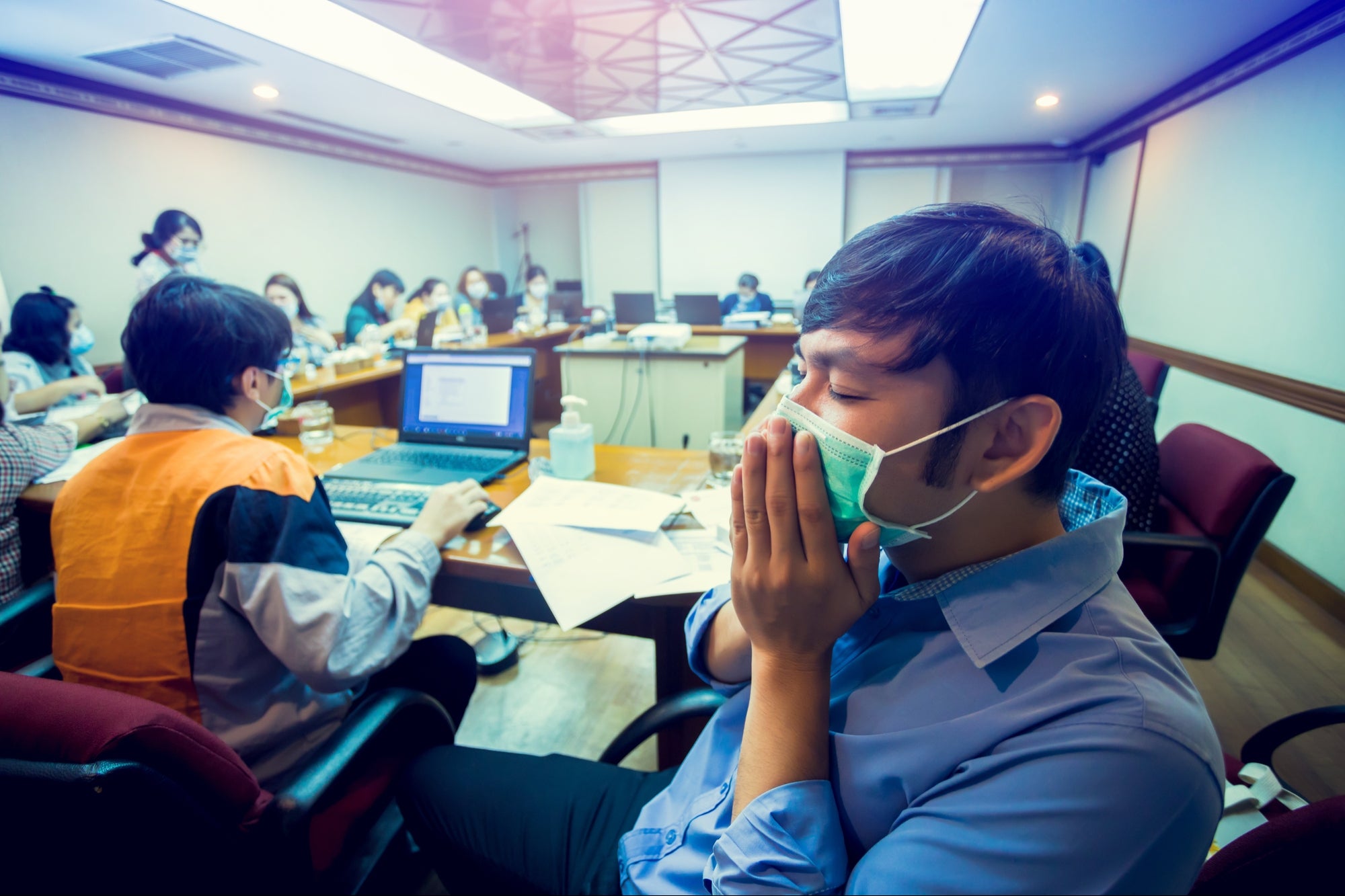You’re reading Entrepreneur United States, an international franchise of Entrepreneur Media.


Depositphotos.com
There is still a long way to go to find out the long-term effects that COVID-19 will have on people’s daily lives and on jobs. For now, it is evident that as the infections decrease, the pressure increases in different countries, to return to face-to-face work as soon as possible.
In this regard, organizations and their executives in Chile and Latin America wonder how this process should be carried out? Juan Francisco Luna, professor of the Diploma in Strategic Management of Human Resources and Labor Relations at Unegocios FEN U Chile explains:
Change in worker expectations
“Returning to face-to-face work after going through a deadly pandemic that paralyzed the world is obviously something new for everyone and it is early to talk about permanent changes. However, there are signs that at least one thing seems to have changed, I mean what people expect from work. After all these events that have forced us to radically modify our day-to-day lives, millions of workers have begun to wonder if they really want to go back to how things were before and the role that work plays in their lives ”, says the teacher.
In this sense, in May 2021, Professor Anthony Klotz of Texas A&M University, anticipated a wave of resignations for the United States as a result of the process of rethinking the present and the future of work. According to the above and based on what has been experienced during these months, people around the world have begun to review their personal priorities or have had time to recalibrate their vital projects; Others have tried teleworking and are not willing to give it up easily; Others have considered entrepreneurship and self-employment as ways of developing and reconciling different areas of their lives.
The possibility of this “great resignation” has been strengthening since then and conservative figures from the “Pulse of the American Worker Survey” estimate that one in four workers has considered leaving their current job as a result of COVID-19.
On the other hand, the thermometer of Mental Health in Chile, of the ACHS and the Center for Longitudinal Studies and Surveys of the UC has shown the evolution of workers for 15 months. The results show that stress, sleep problems and concentration that at some point affected one in two respondents has decreased along with infections. Yet despite these positive signs, for one in three respondents their mood is worse today than before the pandemic.
How to handle emotions?
Considering this scenario, Juan Francisco Luna comments that, for a long time, many Chilean organizations have settled for a job proposal based on the “pleasant environment”, an alternative that seems increasingly narrow both for the new generations that come with other expectations such as for the old women who are coming out of an experience that has deeply affected them.
Whatever happens in the coming months, it is not the time for organizations to act as if nothing had happened and try to impose decisions without previously connecting with what their employees have lived and how they see their future.
This is why the expert from the University of Chile explains: “to the extent that organizations show empathy and take firm actions to take care of the mental health of their workers, the lower the risk of losing them. And to the extent that they integrate those attributes in the brand as an employer that they project to the labor market, the more attractive they will be both for the new generations and for those who have been in it for a long time ” .
In addition, it recommends monitoring the mental state, fatigue and expectations of workers regarding the return to work in person, training leaders so that they are able to detect, resolve or derive their concerns and involve workers in the decisions that make them affect. That is the way.

https://www.entrepreneur.com/article/390703

